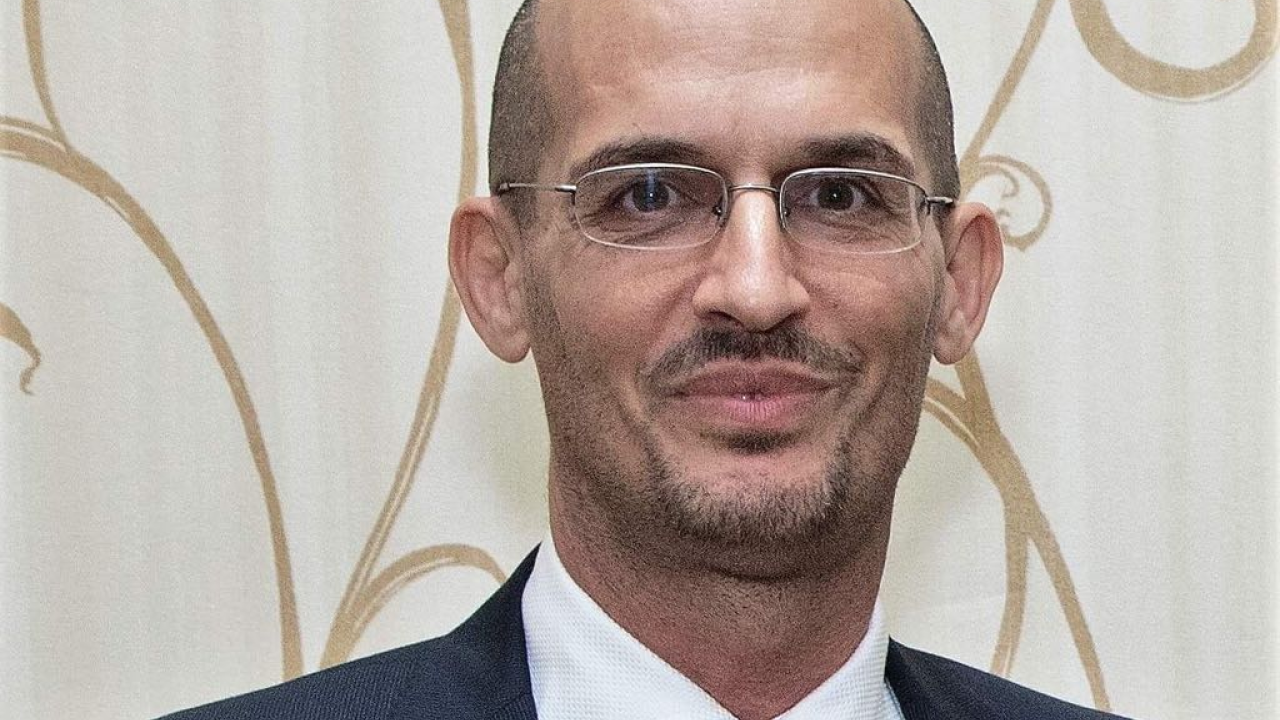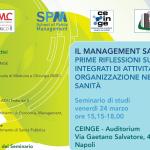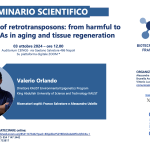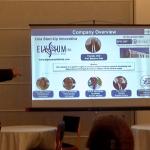
Luigi Fontana -Preventive medicine for healthy ageing
Luigi Fontana terrà un seminario dal titolo “Extending healthspan: preventive medicine for healthy ageing” il 2 aprile, alle ore 12.30, presso l’Auditorium CEINGE.
Luigi Fontana è uno scienziato-medico riconosciuto a livello internazionale ed uno dei leader mondiali nel campo della nutrizione e della longevità umana. I suoi studi pionieristici sugli effetti della restrizione calorica negli esseri umani hanno aperto una nuova area di ricerca correlata alla nutrizione che ha grandi prospettive per la prevenzione delle malattie croniche legate all'età e per la comprensione della biologia dell'invecchiamento umano. Il professor Fontana è Leonard P. Ullmann Chair of Translational Metabolic Health presso il Charles Perkins Center, dove dirige il programma di ricerca e clinica per la longevità in buona salute. È anche professore di Medicina e Nutrizione nella Facoltà di Medicina e Salute dell'Università di Sydney e Clinical Accademic presso il Dipartimento di Endocrinologia del Royal Prince Alfred Hospital. È autore di oltre 130 manoscritti su riviste prestigiose tra cui Science, Nature, Cell, New England Journal of Medicine, JAMA, Cell Metabolism, Circulation, Journal American College of Cardiology, Diabete, Invecchiamento cellulare e PNAS.
Ricercatore Ospitante: Francesco Salvatore, CEINGE - Biotecnologie Avanzate
ABSTRACT
Ageing and age-related diseases are among the biggest challenges facing society today. People are living longer, but not healthier. More than 65% of people over 65 have two or more chronic diseases, such as heart disease, stroke, cancer, dementia, lung, liver, and kidney conditions (Fontana et al. Nature 2014). The current epidemic of abdominal obesity and type 2 diabetes, especially in children, is laying the foundation for an even greater problem in the future. This accumulating burden of multiple chronic illnesses is become the leading driver of healthcare costs, constituting an important and probably unsustainable burden for our societies.
Evidence from experimental studies indicates that the age-associated accumulation of molecular damage can be prevented or greatly delayed by dietary, genetic and pharmacological manipulations that down-regulate key cellular nutrient-sensing and inflammatory pathways (Fontana et al. Science 2010). For example, restricting calorie or protein intake in mice or introducing mutations in nutrient-sensing pathways can extend lifespans by as much as 50%. These ‘Methuselah mice’ are more likely than controls to die without apparent disease (Ikeno et al. 2013). In Rhesus monkeys dietary restriction also increases lifespan and protects against obesity, T2DM, cancer, CVD, brain ageing and frailty (Mattison et al. Nat Comm. 2017), and in humans it causes physiologic, metabolic and molecular changes that protect against these pathologies (Most et al. Ageing Res Rev. 2017). Moreover, recent findings indicate that meal timing is crucial, with both intermittent fasting and time restricted feeding improving health and function in the absence of changes in overall intake. Lowered intake of particular nutrients is also key in mediating some of the effects of DR, with protein and specific amino acids and nutritional modulation of the microbiome playing prominent roles (Fontana et al. Cell 2015).
In summary, trillions of dollars are spent every year to treat highly prevalent chronic diseases, which are largely preventable with the implementation of the best healthy lifestyle practices. Modern medicine focuses on diagnosing and treating clinically evident chronic diseases one at the time, mainly with drugs and surgery. The problem of this approach is that many age-associated chronic diseases begin early in life and progress over decades of unhealthy lifestyles, which trigger a wide range of physiologic, metabolic and molecular alterations deeply influencing the initiation, progression and prognosis of multiple medical conditions (Fontana L. Nat Rev Cardiol. 2018). More studies are needed to understand the interactions between calorie intake, single nutrient modifications, exercise, and other lifestyle interventions in preventing or slowing the incremental build-up of molecular damage leading to metabolic dysfunction and tissue degeneration, eventually culminating in multiple organ pathologies.





